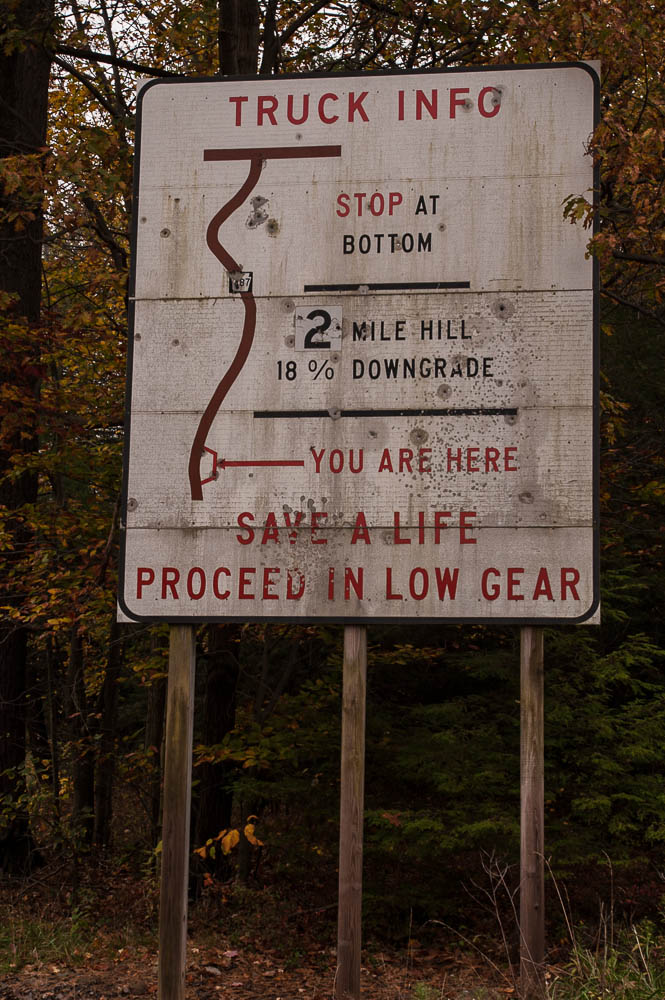RoadtripsAndCampfires
Well-known member
I have struggled with towing terms and math for 4 years. I "think" I may have worked it out and would really, really appreciate those who know you understand it taking a hard look at this. If it is right, or when it ever gets right, I'll do a blank copy for anyone to use who wants to. First I'm just trying to not lose money once again buying the wrong thing. I am going to now begin pluging these figures in on about `0 10 different trailer specs with same truck just to see what I see and I'll summarize that.
http://www.roadtripsandcampfires.com/?p=1236&preview=true
Thank you in advance if you take the time to look. I am hoping the jpg can print out. My printer is broken and the replacement is going back thanks to installing malware on my pc I had to get rid of. So I can't print it myself. PLEASE LEAVE A COMMENT IF YOU FIND A MISTAKE OR IF YOU CAN'T UNDERSTAND IT OR IF IT DOES WORK AND YOU DO.
Please ask another if you know someone qualified. Thanks!
http://www.roadtripsandcampfires.com/?p=1236&preview=true
Thank you in advance if you take the time to look. I am hoping the jpg can print out. My printer is broken and the replacement is going back thanks to installing malware on my pc I had to get rid of. So I can't print it myself. PLEASE LEAVE A COMMENT IF YOU FIND A MISTAKE OR IF YOU CAN'T UNDERSTAND IT OR IF IT DOES WORK AND YOU DO.
Please ask another if you know someone qualified. Thanks!












































































